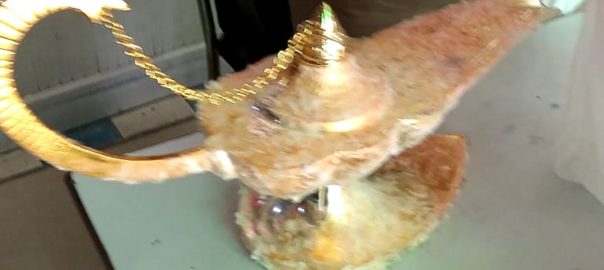・
こんにちは!
数回にわたり、関係代名詞について説明しました。
今日からは関係副詞について説明します。
【関係副詞とは何か / WhereとWhen】
関係副詞はWhen/Where/Why/Howなどを使って、関係代名詞と同じく先行詞を修飾する形容詞節を作ります。
先行詞がある場合もありますが、省略されてしまって無い場合もあります。
今回はWhereとWhenの例を見てみましょう。
This is the house [where I lived (until last year)].
(S) (V) (C) [(S)(V)]
「これが私が去年まで住んでいた家です」
このように、関係副詞節が先行詞”the house”を修飾して「私が住んでいた家」となっています。
関係副詞は、「副詞」とついていますが、節全体で形容詞節を作ります。
これは、関係副詞節(従属節)内で、元々副詞だったものが関係副詞になっているからです。
上の”where”の例で言うと、元々は”there“だったと考えると分かりやすいです。
“I lived there until last year”の副詞”there”を関係副詞”where”の形にして、従属節の文頭に出しているので、関係副詞と言う名前なんですね。
なので、名前は関係副詞ですが、関係副詞が作る節は「形容詞節」で、先行詞を修飾します。
※上記の文は以下の2つに分割できると考えると分かりやすいかも。
1:This is the house.
2:I lived there until last year.
there = the house
Whenの例も見てみましょう。
I (never) forget the moment [when he scored a goal (in the final game)].
(S) (V) (O) [(S) (V) (O)]
「彼が決勝でゴールを決めた瞬間を決して忘れない」
関係副詞whenは、従属節の中で”then”とおくと分かりやすいです。
“He scored a goal then in the final game”と考え、”then”を”when”に置き換えて節の頭に出すことで、先行詞を修飾しています。
【関係代名詞との違い】
関係代名詞節では、主格の場合は主語が、目的格の場合は目的語が無いため、不完全な文になっていました。
[主格]
I want to go to the restaurant which was rated as 5 stars in the guide book.
→whichの後ろの主語(S)がない
「ガイドブックで5つ星の評価をされているレストランに行きたい」
[目的格]
The sushi which I ate in Japan was the best ever.
→whichの後ろの目的語(O)がない
「日本で食べたお寿司がこれまでで一番美味しかった」
しかし、関係副詞の文ではSVOCの骨格にあたる部分は消えずに残り、完全な文になることに注意してください。
The Japanese restaurant where I ate sushi was the best ever.
→whereの後ろは”I ate sushi”と、SVOの完全な文が出来ている
「私がお寿司を食べた日本食レストランは、これまでで一番美味しかった」
今日は関係副詞について説明しました。
次回は他の関係副詞について説明します。
それではまた来週!





